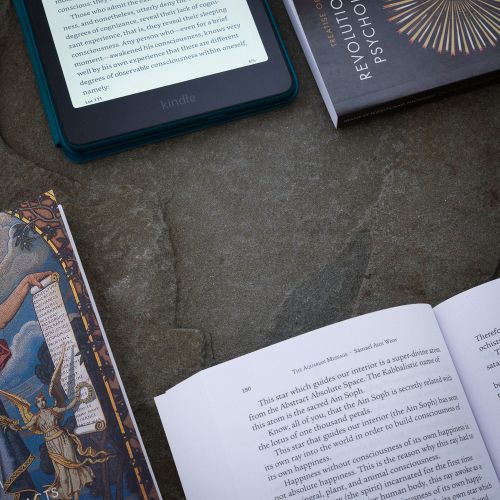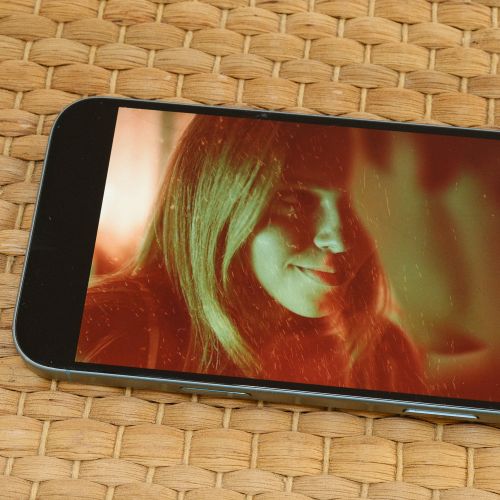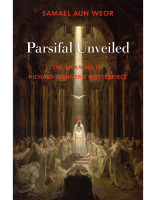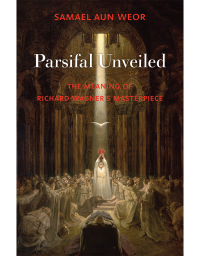The opera Parsifal was the final work (and some say, greatest masterpiece) of the German composer Richard Wagner. It presents a startling array of obstacles to the modern viewer; it is in German, five hours long, and lacks the rapid dramatic pace of current entertainment. Even when it was first performed one hundred years ago, audiences were rarely neutral in their opinions of it: Parsifal inspired either utter devotion or vehemant rejection, which is to be expected of a work that challenges not merely the fortitude of the audience member, but also their moral and spiritual state.
Parsifal is no mere distraction, or a self-centered display of its creator’s inventiveness; rather, it is a mirror to the soul, a sight few can withstand, given how the soul has been submerged in impurity. Yet, the viewer who listens with their soul, attentively, prayerfully, will feel themselves drawn into a vision of truly heart-rending beauty.
In order to understand this book Parsifal Unveiled by Samael Aun Weor, one must first be familiar with the opera Parsifal. We the editors strongly encourage you to watch the opera first, on a stage if possible, as Richard Wagner intended. The magic of the opera is most powerful when experienced in an opera hall with the singers, musicians, and audience. If this is not possible for you, there are recorded versions available. We also recommend that you see it from beginning to end, not dividing it over days or weeks. The opera builds a spiritual tension in the viewer that is necessary and important, an effect that is lost if one fails to see the opera all the way through, or lacks the proper state of consciousness.
We have added to this edition the complete libretto (script) of the opera, written by Richard Wagner. However, be aware that the written words of the opera lack the musical and emotional content, and thus convey only a fraction of the knowledge the opera contains — knowledge that one can receive only by seeing the opera as it was intended to be seen.







